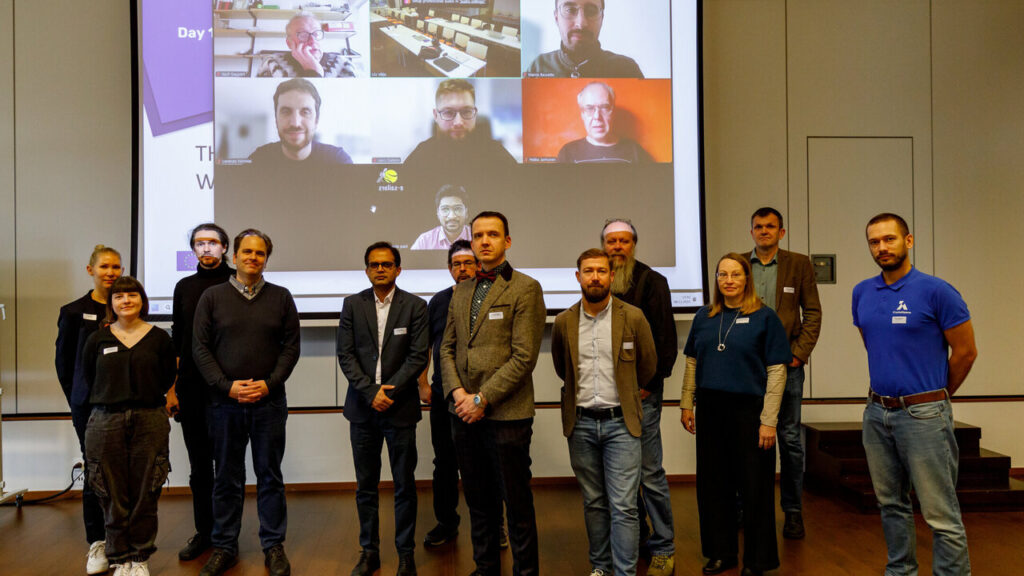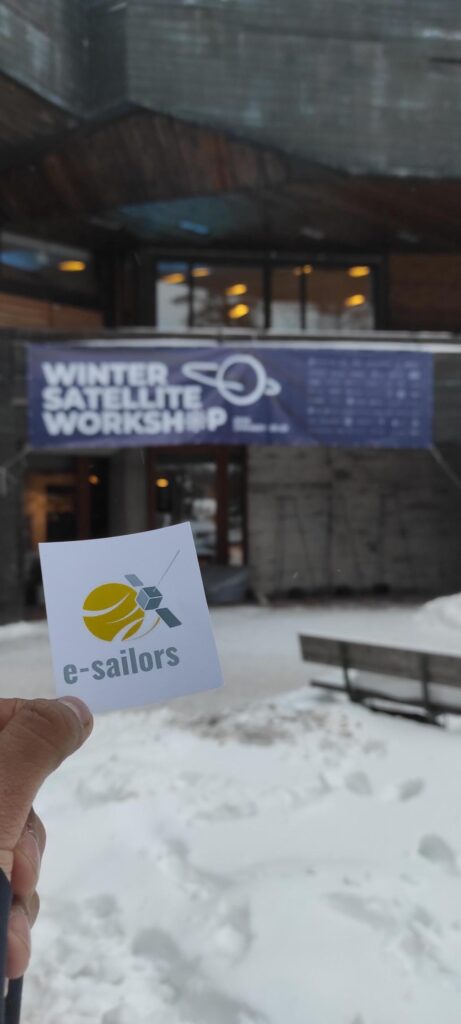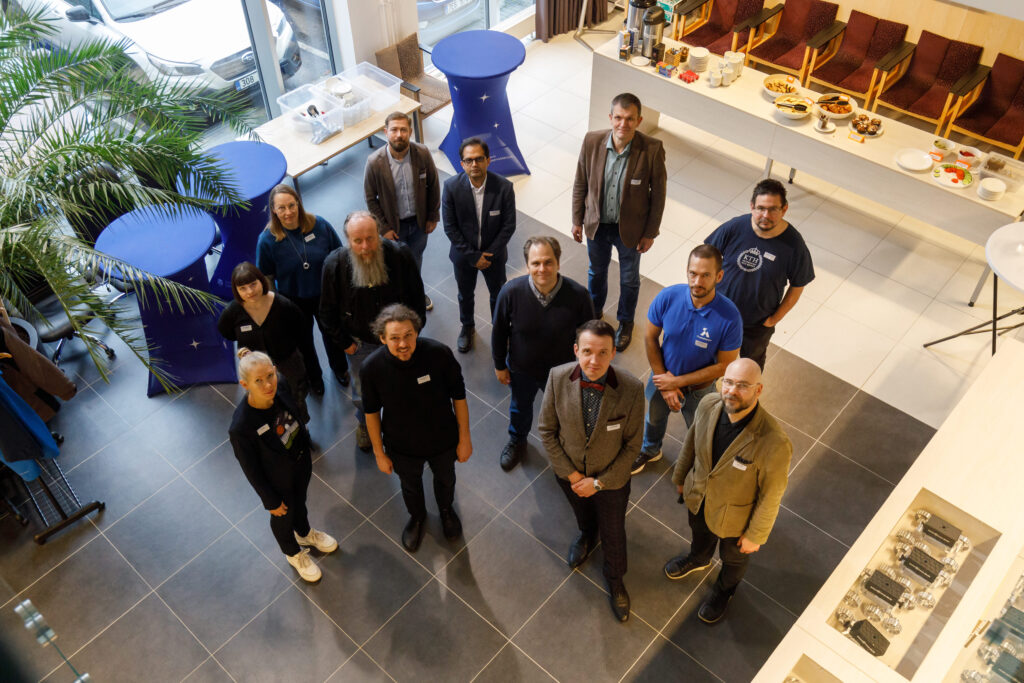(External link) / 06,11,2025
On 6–7 November, the Tartu Observatory of the University of Tartu hosted the kick-off meeting of the international research collaboration project E-Sailors (The Electric Solar Wind Sail Doctors).

E-Sailors is an international Doctoral Network that unites universities and space technology companies from Estonia, Latvia, Finland, Sweden, Germany, and Italy. The project aims to develop and test the Electric Solar Wind Sail (E-sail) technology – an innovative form of spacecraft propulsion that allows space probes to travel without using onboard propellant.
The E-sail operates through the interaction between the solar wind and an electric field, using multi-kilometre-long, high-voltage metallic tethers to generate a continuous propulsive force, enabling efficient and long-duration travel through interplanetary space.
Within the Doctoral Network, researchers will develop new propulsion systems, nanosatellite platforms, mission design methods, and open-source software for E-sail modelling. In total, 15 doctoral candidates will be trained through the programme, gaining expertise not only in scientific and technical disciplines but also in Open Science, research communication, and entrepreneurship.
“For Estonia, this project strengthens the country’s role in the international space community and inspires a new generation of scientists and engineers to contribute to the space sector,” said Aditya Savio Paul, planetary remote sensing researcher at the Tartu Observatory (University of Tartu) and E-Sailors project coordinator.
This marks the first time that the University of Tartu serves as the lead coordinating institution of such a Doctoral Network. The Tartu Observatory’s responsibilities include leading the consortium, organising doctoral training, and guiding research in the development of electric sail propulsion technologies.
Partners in the network include the University of Tartu (Tartu Observatory), the Finnish Meteorological Institute, Dresden University of Technology, Aalto University, University of Pisa, KTH Royal Institute of Technology, Riga Technical University, Ventspils University of Applied Sciences, and Tallinn University of Technology (TalTech).
The participating companies are Aurora Propulsion Technologies, CrystalSpace, Spacecraft Anatomy, and Nanocraft.
Photo by Viljo Allik



